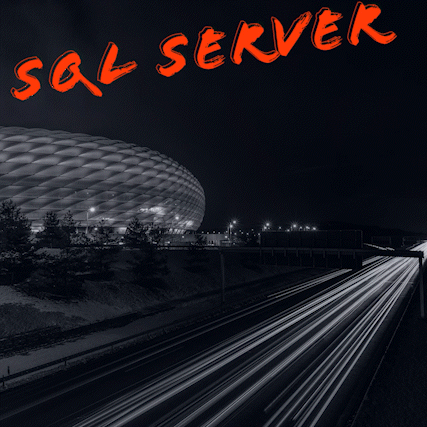Wait statistics, in the context of SQL Server, refer to the amount of time that a query spends waiting to access data in the database. When a client application requests data from the database, the request is placed in a queue and the client application must wait for its turn to access the data. The time that the query spends waiting is called a "wait" and is tracked by SQL Server. This information can be used to identify potential performance bottlenecks and optimize the performance of the database. Wait statistics are commonly used by database administrators to diagnose and troubleshoot performance issues in SQL Server.
SQL Server provides detailed wait types to help identify performance issues and bottlenecks. The DBMIRROR_SEND wait type occurs in environments where Database Mirroring is being used. This wait type is related to sending log records from the principal server to the mirror server. Understanding this wait type is essential for ensuring smooth operation in mirrored database setups.
What Is the DBMIRROR_SEND Wait Type?
The DBMIRROR_SEND wait type appears when the principal server is waiting to send transaction log records to the mirror server. This wait type can indicate delays in transmitting data between the two servers, which can impact transaction throughput and synchronization.
When Does DBMIRROR_SEND Appear?
This wait type typically occurs in the following scenarios:
- Synchronous Mirroring When the principal server waits for the mirror server to acknowledge receipt of log records.
- Asynchronous Mirroring While less common in this mode, this wait can appear when the principal is sending a large volume of log data to the mirror server.
- High Transaction Volume When the transaction log generates data faster than it can be transmitted to the mirror server.
- Network Latency Slow or unreliable network connections between the principal and mirror servers can increase this wait type.
Why DBMIRROR_SEND Waits Matter
While some DBMIRROR_SEND waits are expected in mirrored environments, frequent or prolonged waits may indicate potential issues. Common causes include:
- Network Bottlenecks Limited bandwidth or high latency in the network between the principal and mirror servers.
- Resource Contention Insufficient CPU or memory on either the principal or mirror server, slowing down the transmission process.
- Large Transactions Transactions generating large amounts of log data can overwhelm the mirroring process.
- Disk Performance Slow disk writes on the mirror server can delay the acknowledgment process.
How to Address DBMIRROR_SEND Waits
If this wait type is affecting your systems performance, consider the following strategies:
- Improve Network Performance Ensure the network connection between the principal and mirror servers has sufficient bandwidth and low latency.
- Monitor Resource Usage Allocate adequate CPU and memory to both servers to handle the mirroring workload efficiently.
- Optimize Transactions Reduce the size of individual transactions to avoid overwhelming the mirroring process.
- Upgrade Storage Use faster storage systems on the mirror server to ensure timely writes of transaction log data.
- Adjust Operating Mode Consider switching between synchronous and asynchronous modes based on your performance and reliability needs.
Monitoring DBMIRROR_SEND Waits
To monitor this wait type effectively and track its impact over time, use the Historic Waits Monitoring feature in Database Health Monitor. This tool provides insights into wait statistics, helping you identify trends, diagnose network or resource bottlenecks, and optimize your database mirroring setup for better performance.
Stedman Solutions specializes in SQL Server performance tuning and high availability optimization. If youre experiencing DBMIRROR_SEND waits or other SQL Server challenges, our Database Health Monitor offers powerful insights, and our managed services provide expert support to keep your SQL Server running smoothly. Contact us today to learn how we can help enhance your SQL Server performance and reliability.

Find out more about our SQL Server Managed Services
Applies to
Related Waits
DBMIRROR_DBM_EVENTDBMIRROR_DBM_MUTEX
DBMIRROR_WORKER_QUEUE
See Also
All Wait Types


